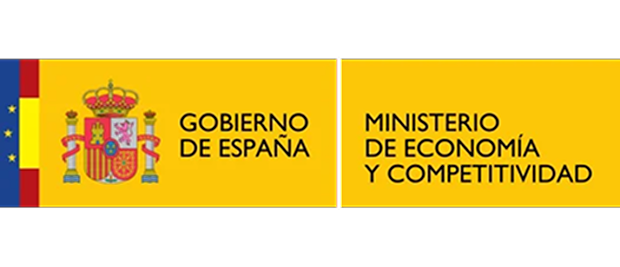Spain has long led the way in digital fiscal compliance. Since 2015, electronic invoicing has been mandatory for B2G transactions. More recently, two major reforms have accelerated the digital transformation of invoicing: the Ley Crea y Crece, which mandates B2B e-invoicing starting from mid-2025, and the Ley Antifraude, which introduces the VeriFactu system—obliging businesses to use invoicing software that ensures real-time data transmission to the tax authority (AEAT), with deadlines expected from July 2025.
The Spanish e-invoicing ecosystem relies on platforms like FACe (for public administration) and FACeB2B (for private sector), using the Facturae format. These systems guarantee traceability, interoperability, and legal compliance. Additionally, businesses must adapt to the new VeriFactu requirements, which will impact both invoice generation and storage. B2Brouter, as a certified Peppol Access Point, offers full compatibility with Spanish and European standards, helping companies stay compliant with both current and future regulations.
Whether you’re issuing invoices to the public sector or adapting to B2B obligations, staying ahead of these changes is key to ensuring business continuity and compliance.
Important dates
January 1, 2026
Companies subject to Corporate Income Tax must start using certified billing software that complies with VeriFactu standards.
July 1, 2026
Self-employed individuals and other taxpayers are required to adopt VeriFactu-compliant billing systems by this date.
Legislation
- Mandatory B2G invoicing
Required since 2015 for all invoices issued to Spanish public administrations via the FACe platform.
- VeriFactu system
Requires invoicing software to generate immutable invoices and optionally report them to AEAT in real time. Live from January 1, 2026.
- Digital signature and timestamp
All electronic invoices will must be digitally signed and time-stamped to ensure integrity and authenticity.
- Archiving requirements
Invoices must be archived digitally for at least 6 years in a secure and accessible format, with authenticity preserved.
- Certified invoicing software
Billing tools must comply with new functional and technical criteria defined by the Ministry of Finance. Learn about eDocSync.
Accepted formats
Facturae is the standard e-invoicing format in Spain. Peppol BIS is accepted in specific cross-border contexts.
Delivery channels
FACe for B2G, FACeB2B for B2B, and Peppol for international connections are officially supported.
Regulating authority
The Agencia Tributaria (AEAT) oversees compliance and defines technical standards for e-invoicing and VeriFactu.
Send e-invoices to Spain securely with B2Brouter
Peppol and FACe integration
Connect seamlessly to public administrations and European partners through certified Peppol and FACe/FACeB2B channels.
VeriFactu-ready invoicing
Our platform is prepared for VeriFactu compliance, ensuring your software meets anti-fraud and real-time reporting standards.
Compatible with ERPs
Easily integrates with common accounting systems and ERPs for automatic invoice generation and delivery.
Multilingual, multicurrency support
Issue and receive compliant invoices in multiple languages and currencies—ideal for international businesses.
Audit trail and legal archiving
B2Brouter preserves the integrity of invoices with digital signatures and long-term archiving that meets AEAT requirements.

Certifications
B2Brouter is certified with the ISO 27001 standard on information security management, certified as a Peppol Access Point Service Provider and a member of the EESPA.





